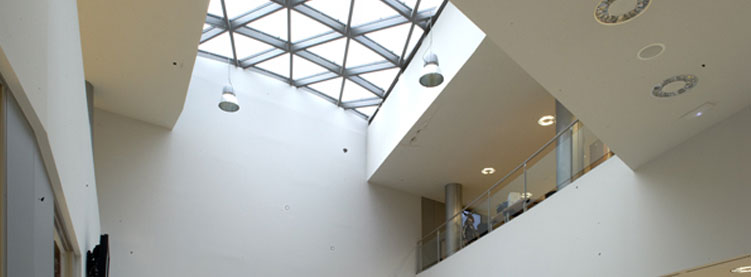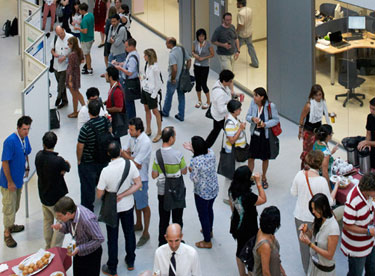
IMPRESS is a new EU-funded scientific project coordinated by the Consiglio Nazionale delle Ricerche (Italy), which aims to revolutionize the field of transmission electron microscopy. 19 partners from 11 European countries take part, being the ALBA Synchrotron one of them.
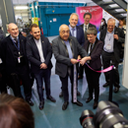
This cutting-edge facility houses two high-end electron microscopes: one to determine the structure of large protein complexes and another to study materials at atomic level. Created thanks to the joint effort of several research institutes, the centre is located at the ALBA Synchrotron and is open to the entire scientific community. The Catalan Minister for Research and Universities inaugurated the centre, which has received funding from the Catalan Government's ERDF programme, on 24 February.
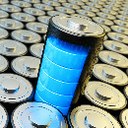
A comprehensive perspective study has been published by ICMAB-CSIC and ALBA researchers where they analyze the usefulness of current synchrotron-based techniques for the battery field. The study concludes that, rapid progress in the understanding of batteries at all scales is taking place, which should enable to improve battery performance in the not-so-far future.
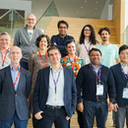
The Functional Layered Materials for Advanced Applications - FUNLAYERS project consists of a twinning initiative aimed to propel INL’s research excellence in the field of layered materials whilst unfolding its tremendous potential applications for energy storage and spintronics in partnership with two world-class European institutions at the forefront of material science – the ALBA Synchrotron and the Max Planck Institute of Microstructure Physics (MPG).

Nanocatalysts are key for the future of sustainable chemistry, yet, they typically suffer from rapid deactivation caused by a process called sintering. In a recent study led by the ALBA Synchrotron and Ghent University, researchers have developed an integrated approach where they complement the use of several characterization techniques to study platinum nanoparticle sintering at the micro-, meso- and macroscale. The demonstrated approach shows that mesoscale heterogeneities in the nanoparticle population drive sintering. This work will help broaden the fundamental understanding of nanoparticle sintering and thus design better strategies for catalyst fabrication.

